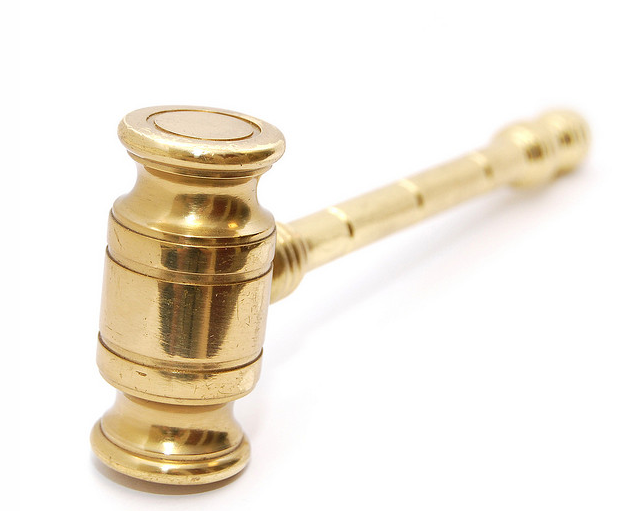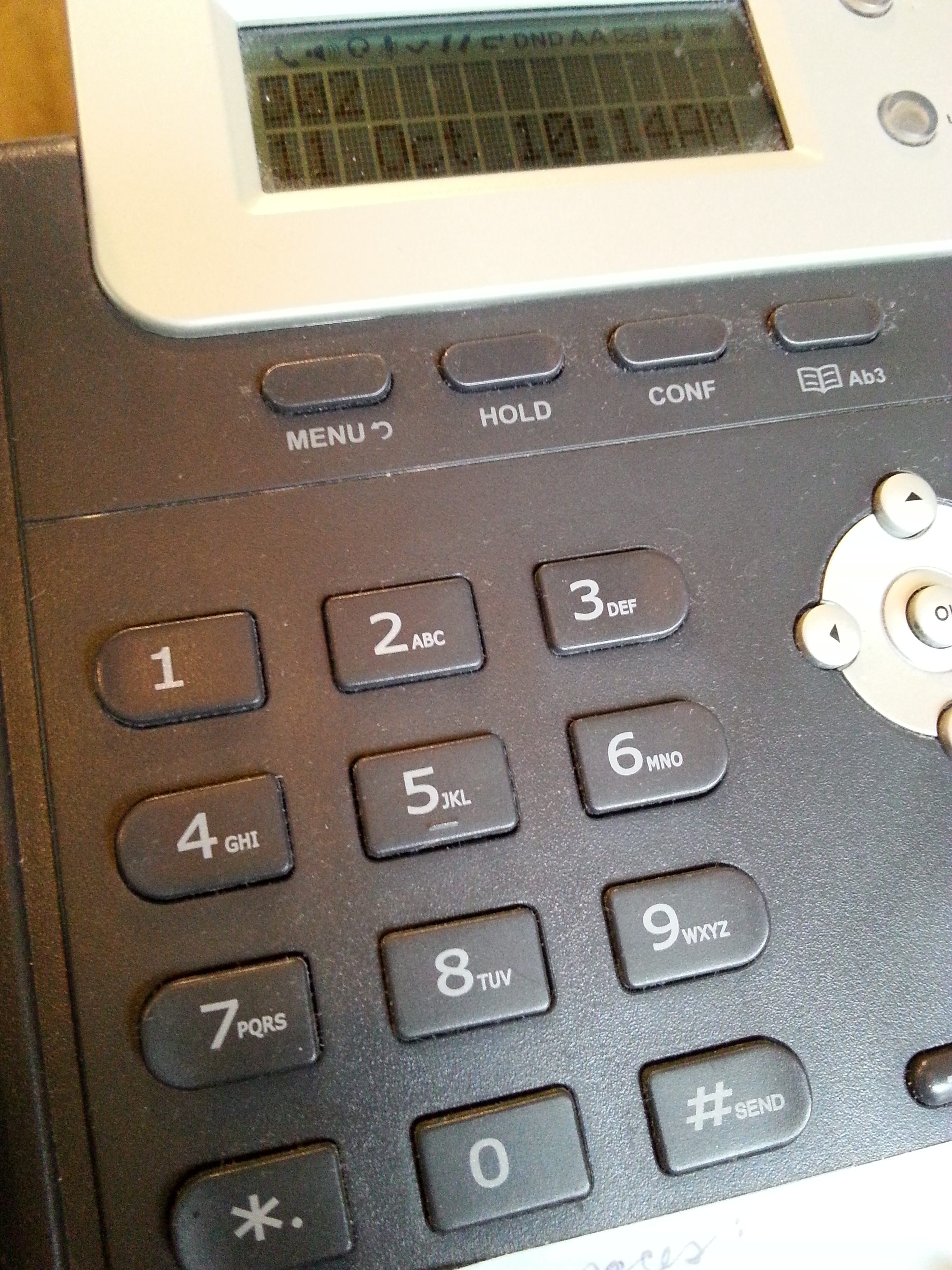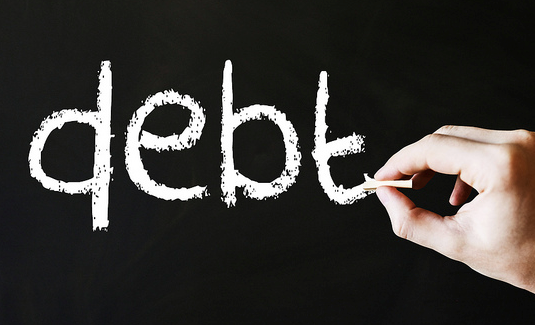How can my creditor collect from me?
A creditor with a judgment can collect using any legal means, including:
- Liens: A judgment acts as a lien against your real estate, including any deed on which your name appears.
- Garnishments: Judgment creditors and seize 10%-25% of your wages. They can also seize money in any bank account that has your name on it – even someone else’s.
- seizing & selling personal property, including, but not limited to:
- Cars, boats, ATVs, trailers, RVs
- Jewelry, furs, artwork
- Business equipment & supplies
- Show animals, horses, hunting dogs
- Farm equipment, guns, livestock
- Cash, stocks, annuities
NOTE: Creditors cannot seize income tax refunds. Tax refunds can only be seized to satisfy federal debt, past due child support or defaulted student loans.
Can I protect my property?
Yes, you can protect most property from creditors, but with certain restrictions. In Missouri there are legal protections called “exemptions.” You must assert the exemptions when a creditor tries to seize property. You can do this yourself, but a lawyer can make sure that it is done correctly, and that your creditor obeys the exemption limits.
How can I stop collection?
- Pay the judgment;
- Make a monthly payment arrangement;
- Negotiate a lump-sum settlement for less than the full amount of the judgment; or,
- File for bankruptcy protection.
by Dianna Coy Long at Mid-Missouri Bankruptcy Center
Read: Never Ignore a Lawsuit



